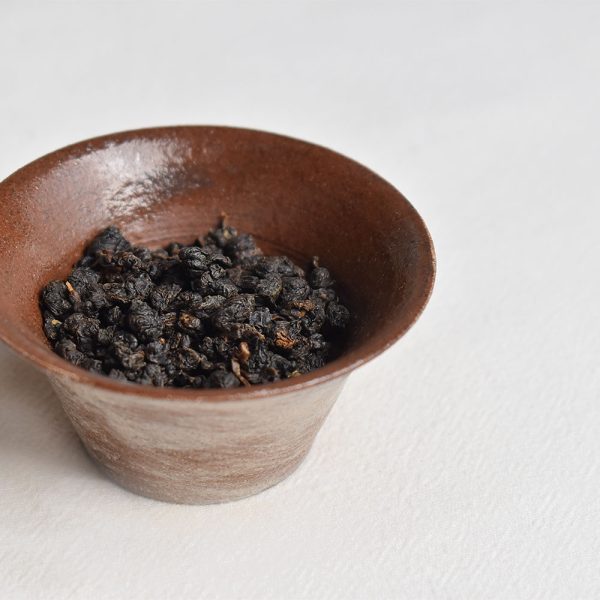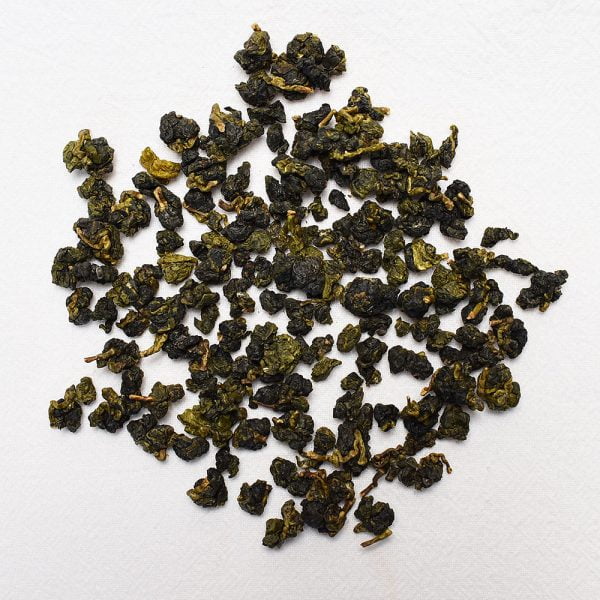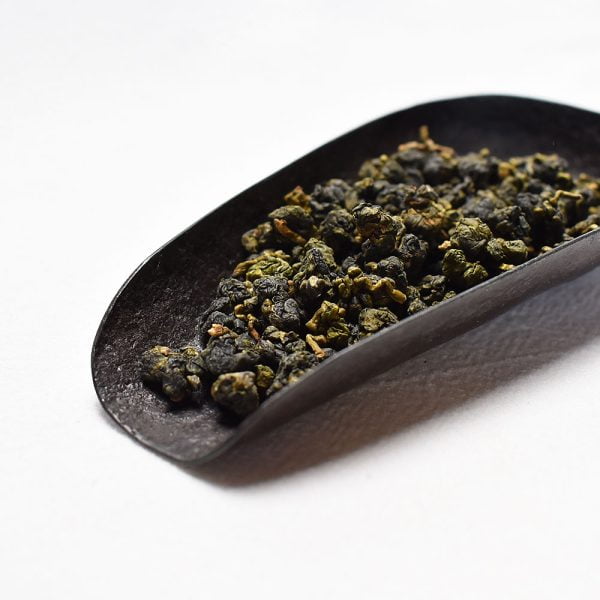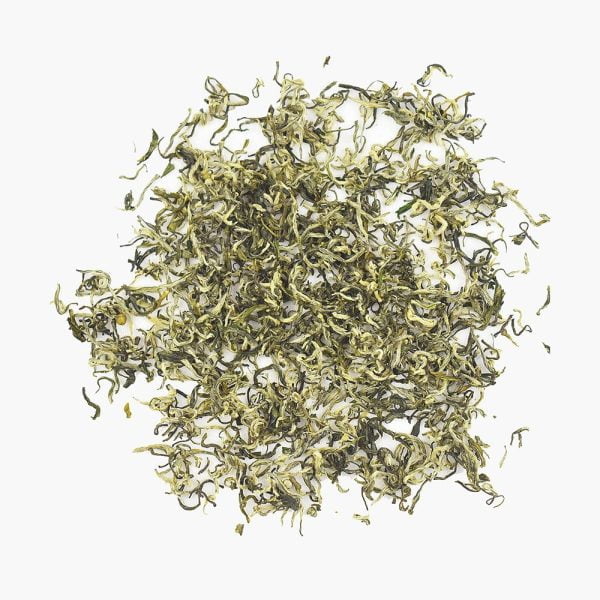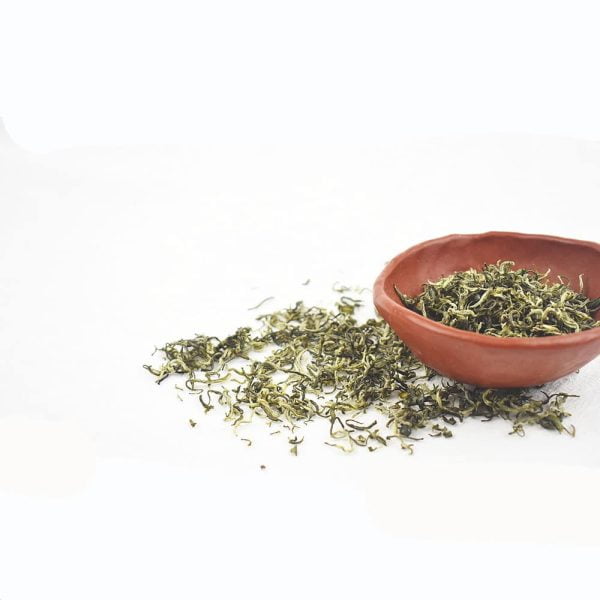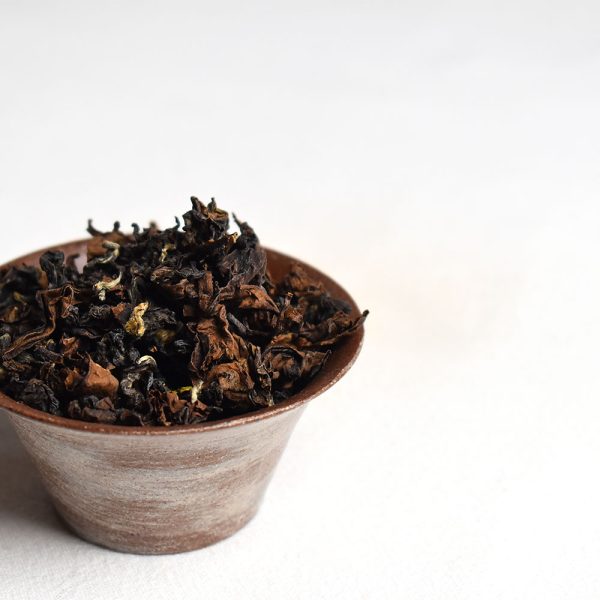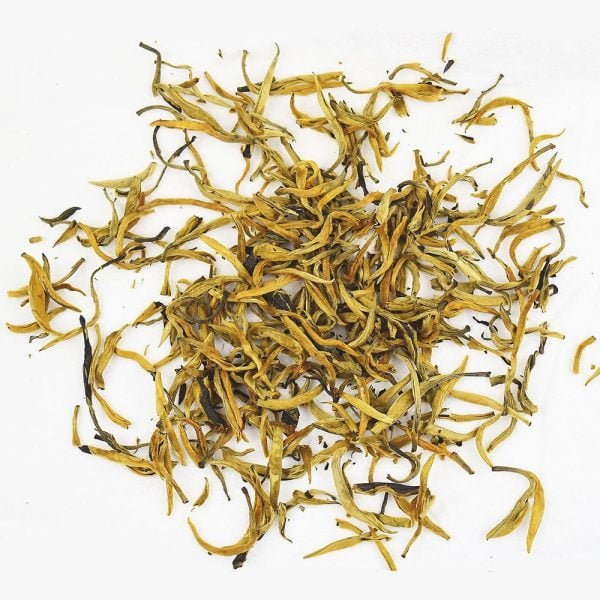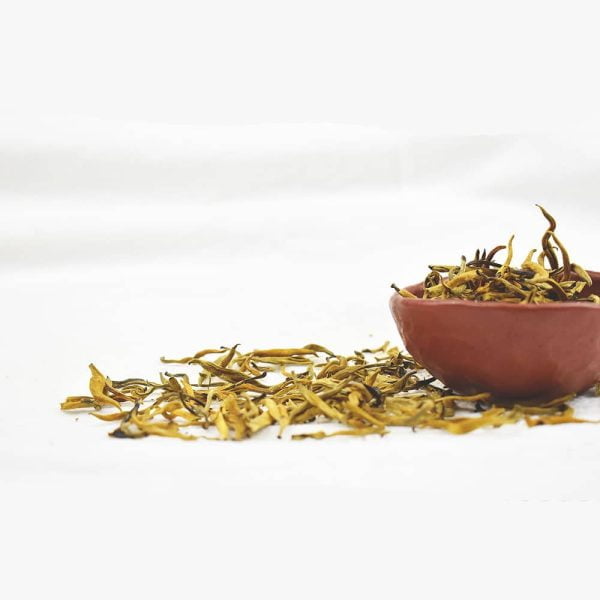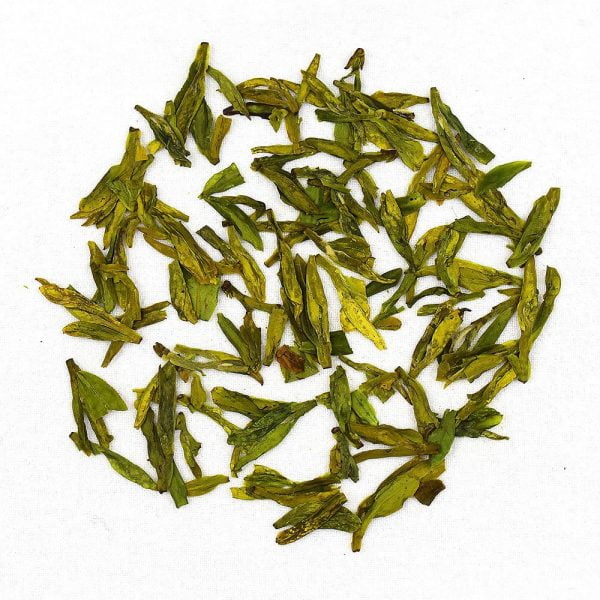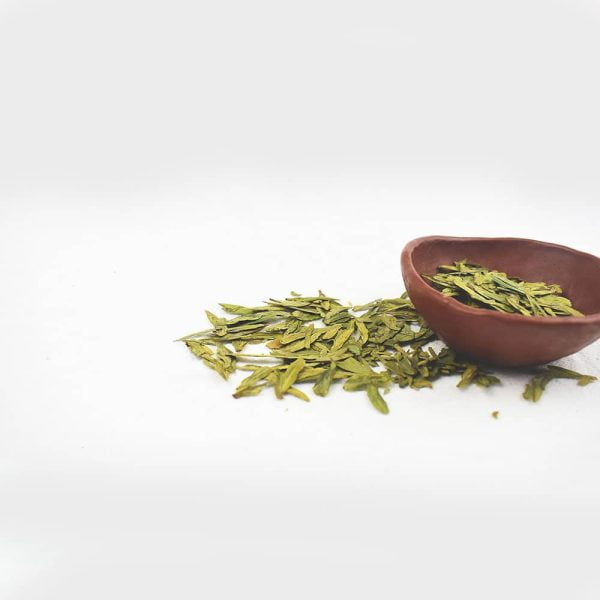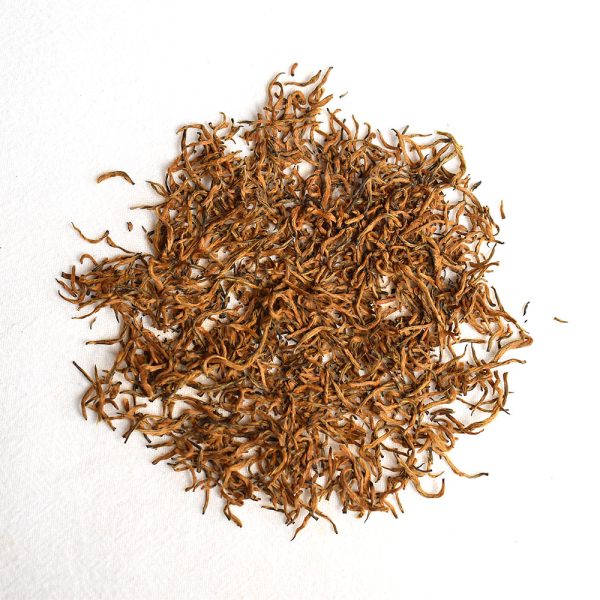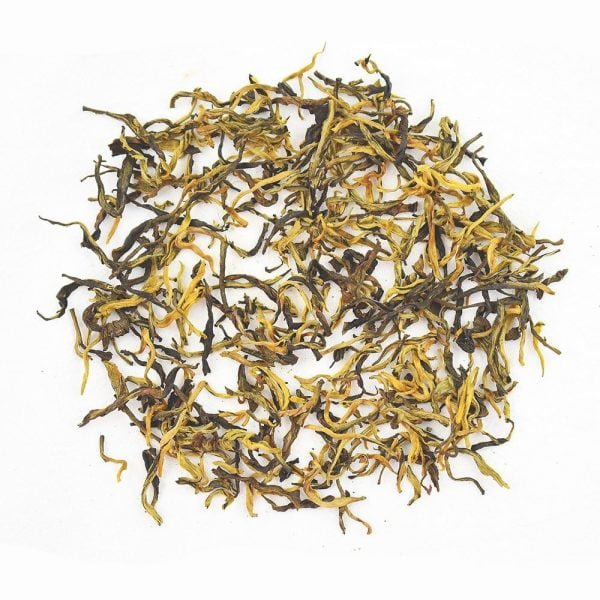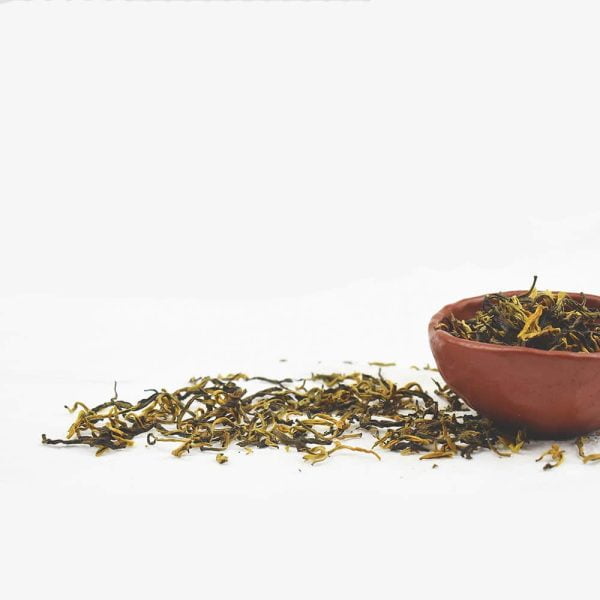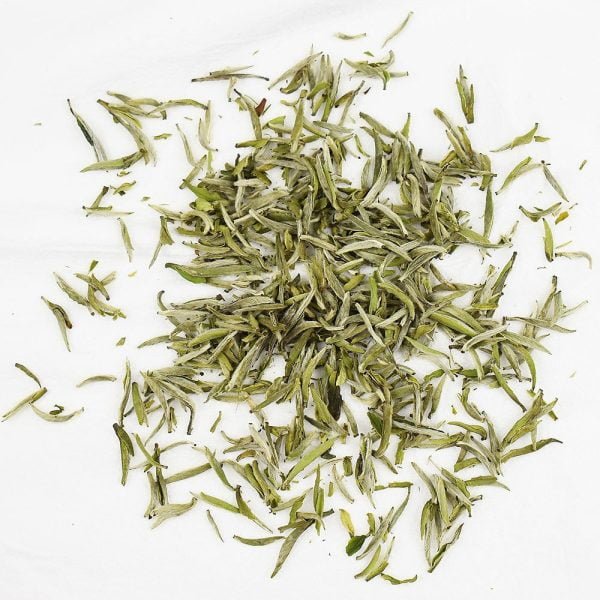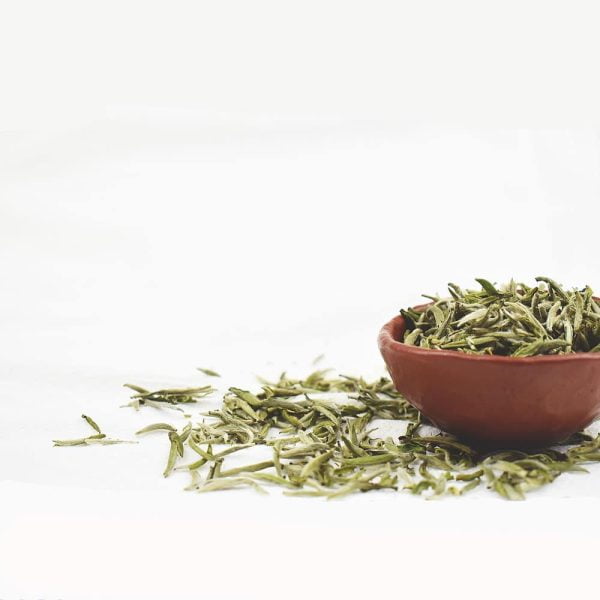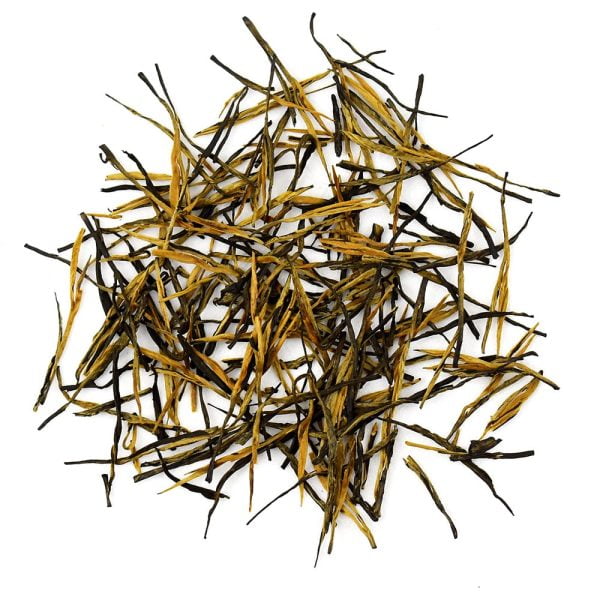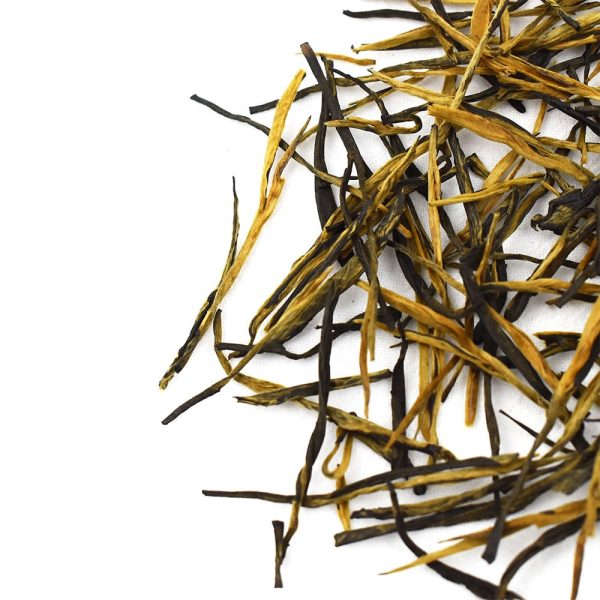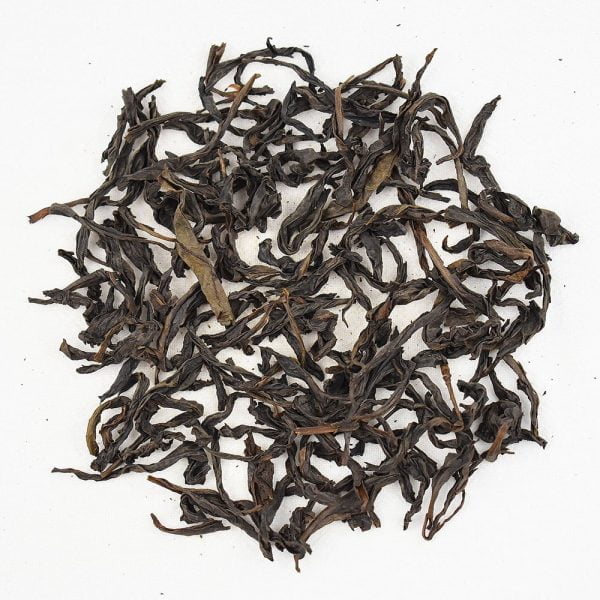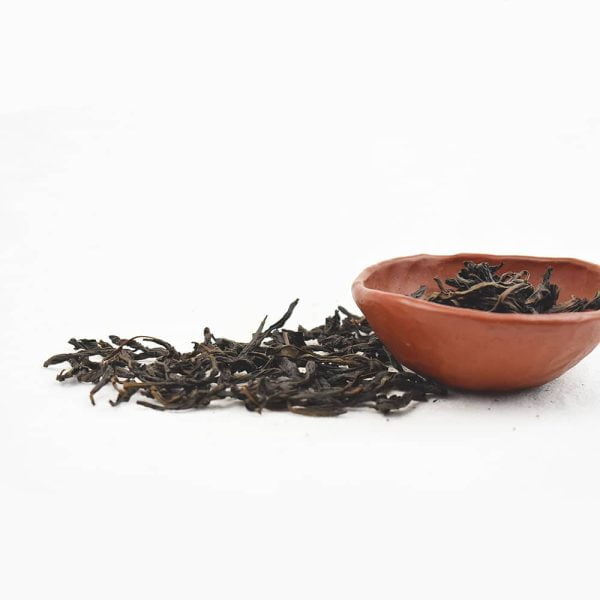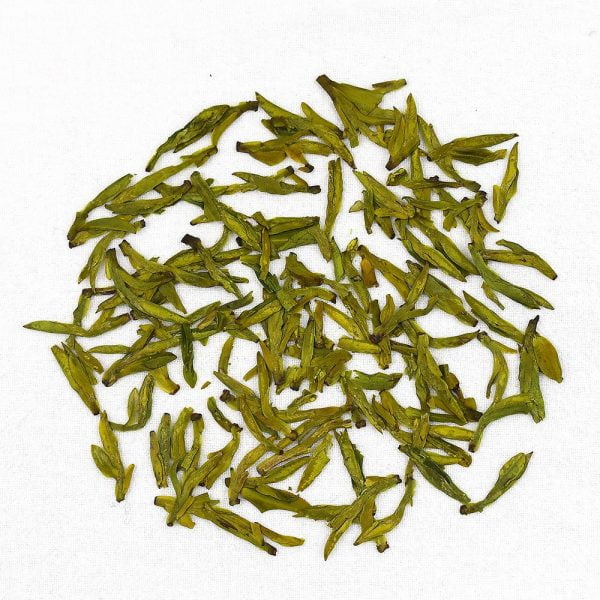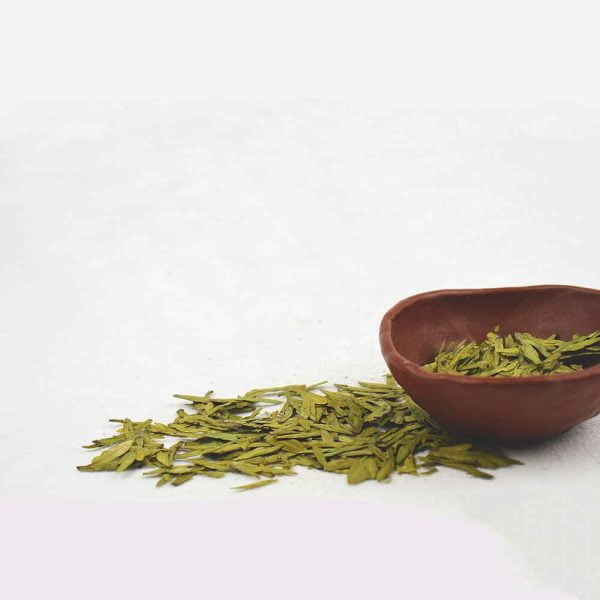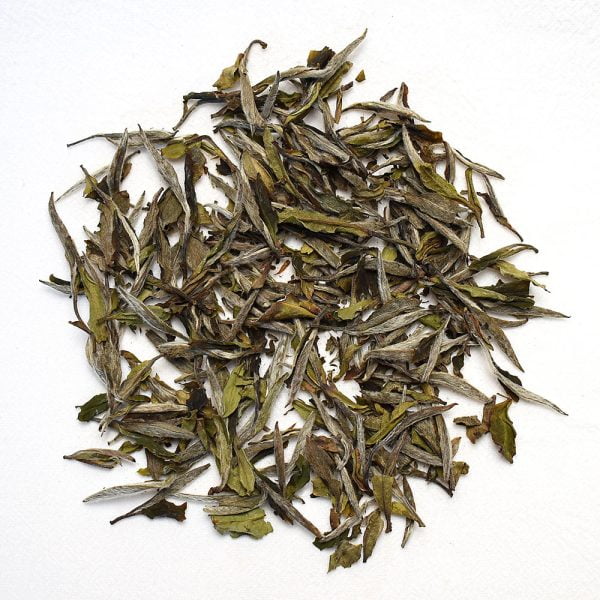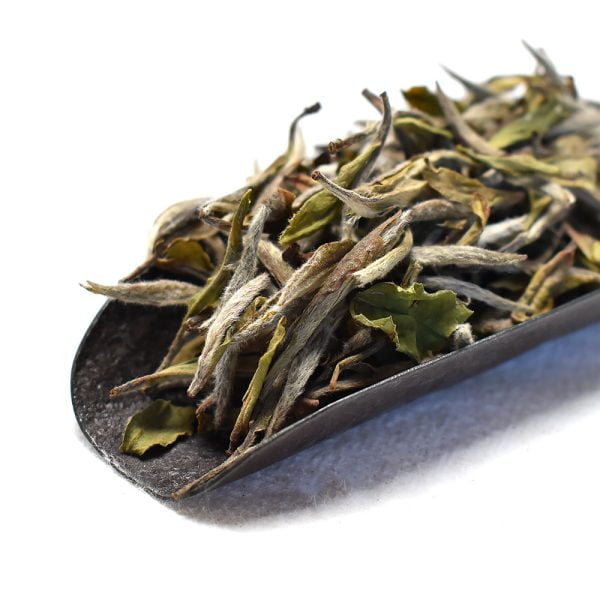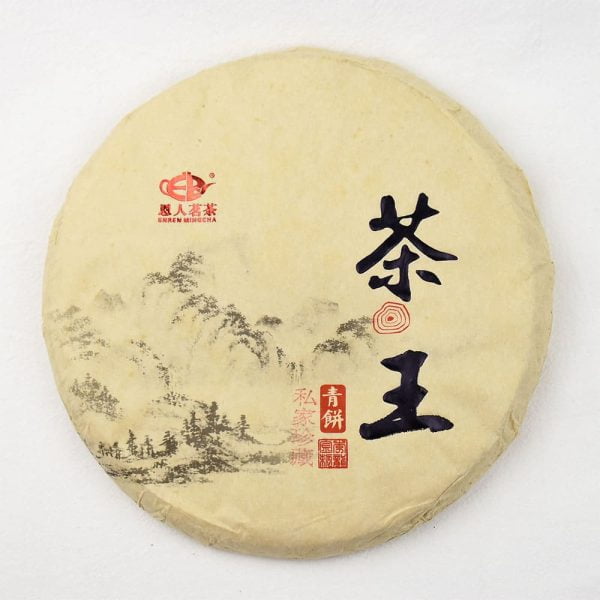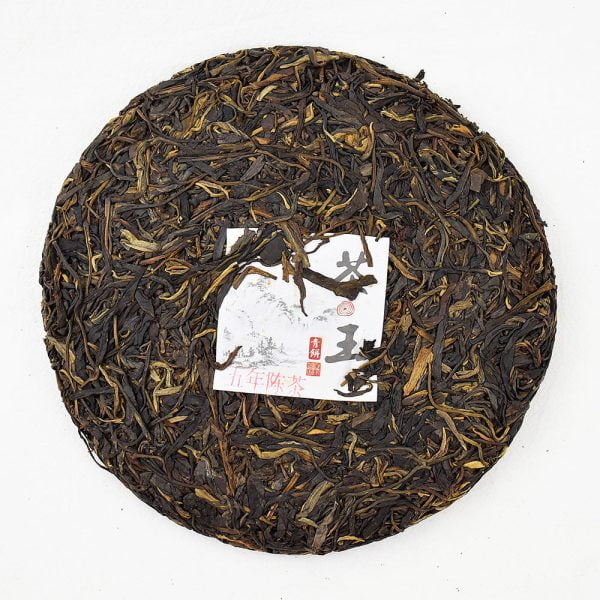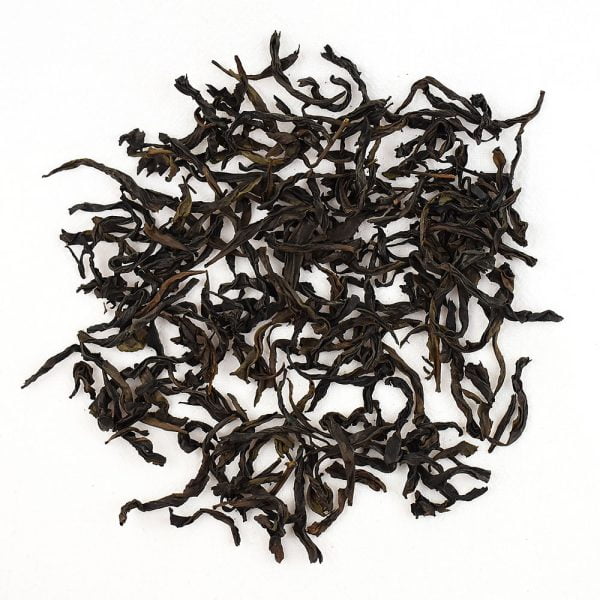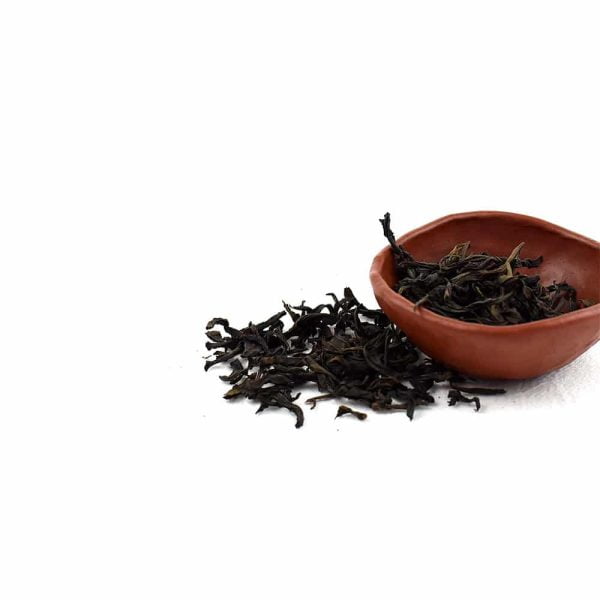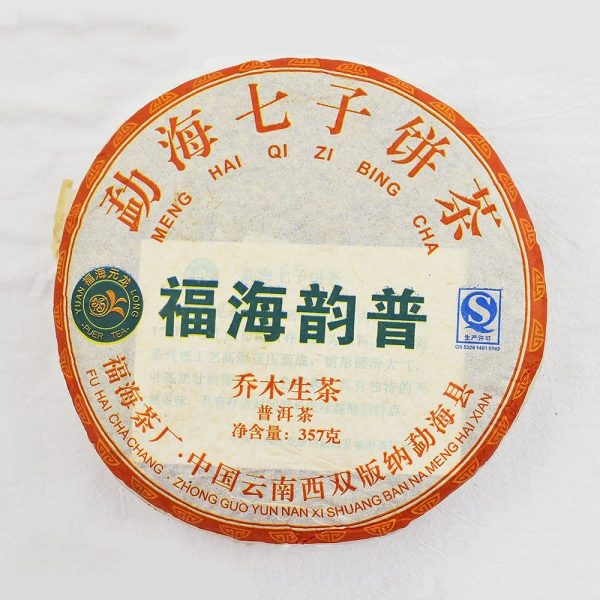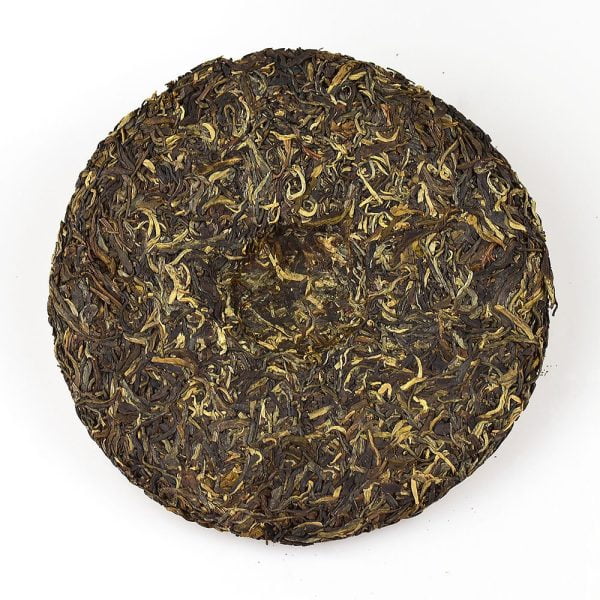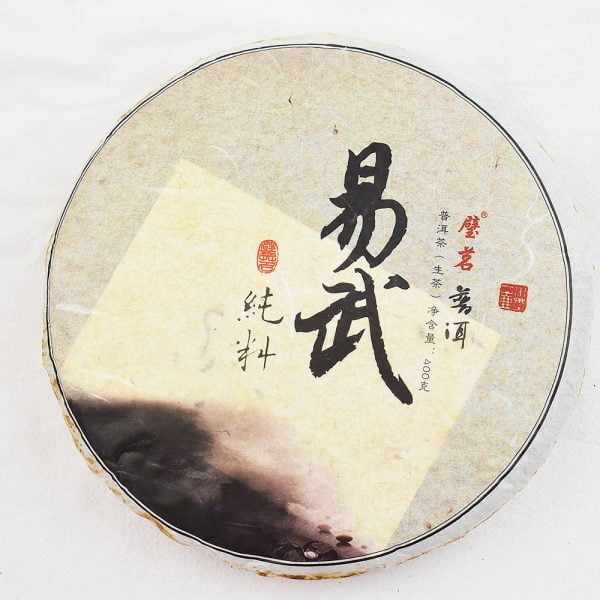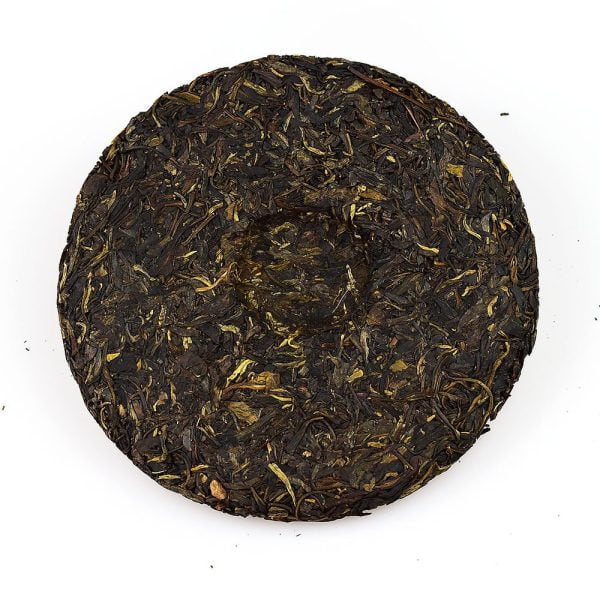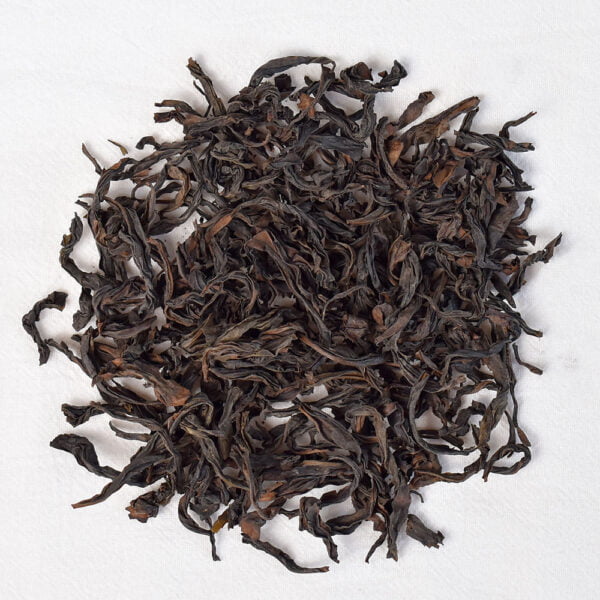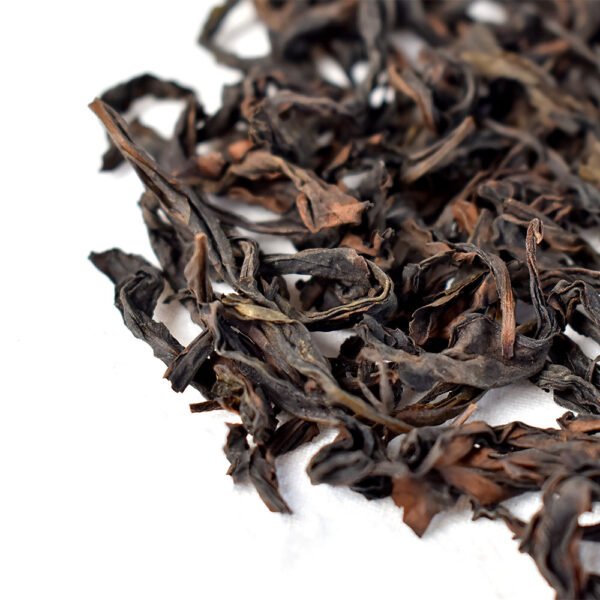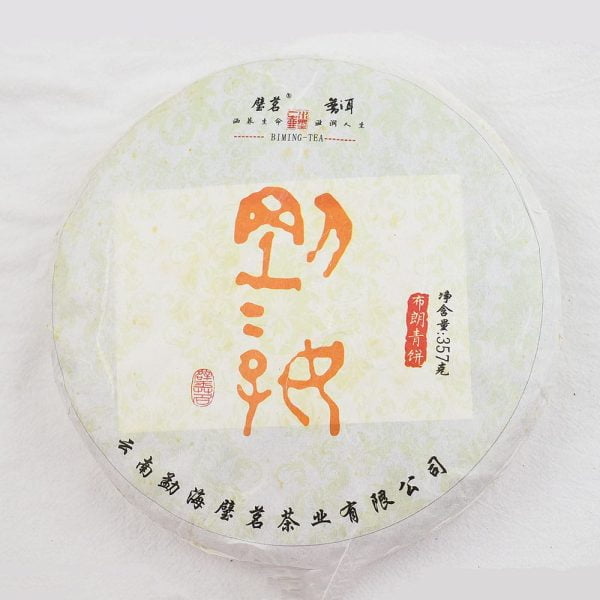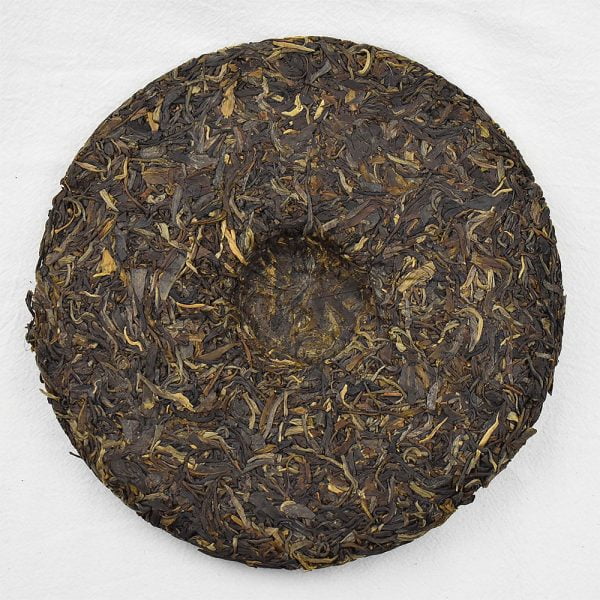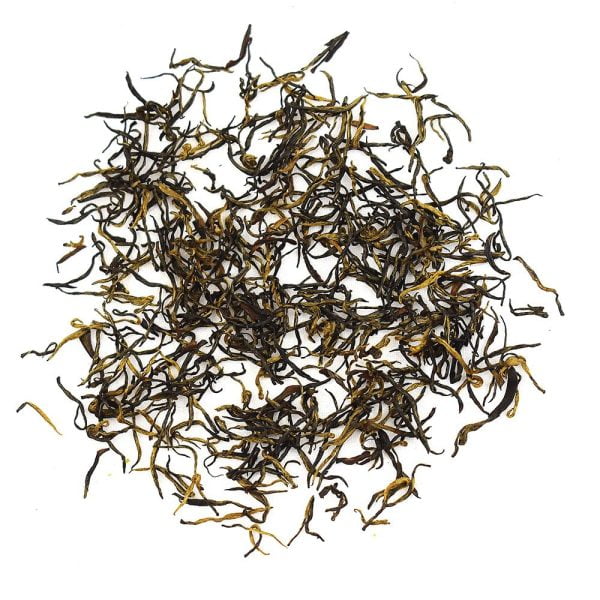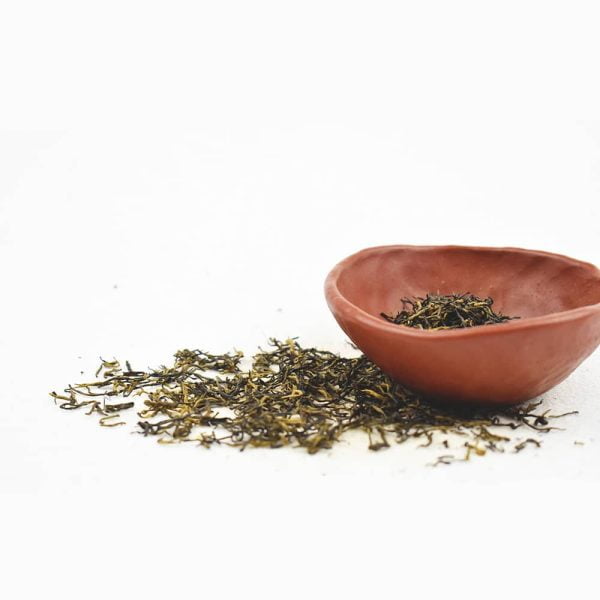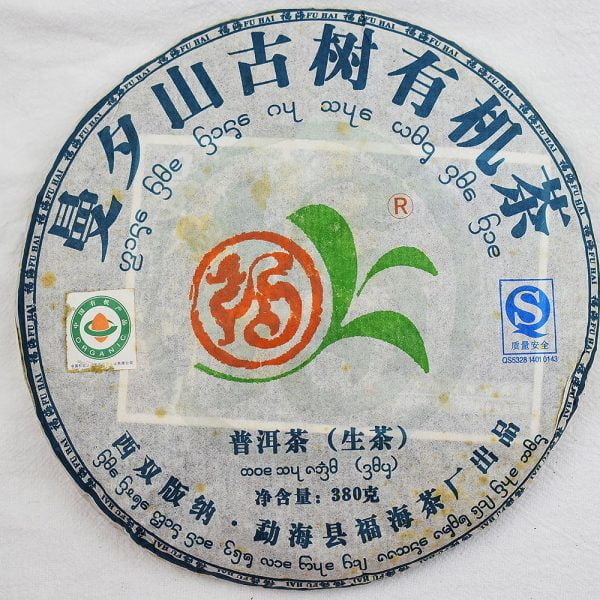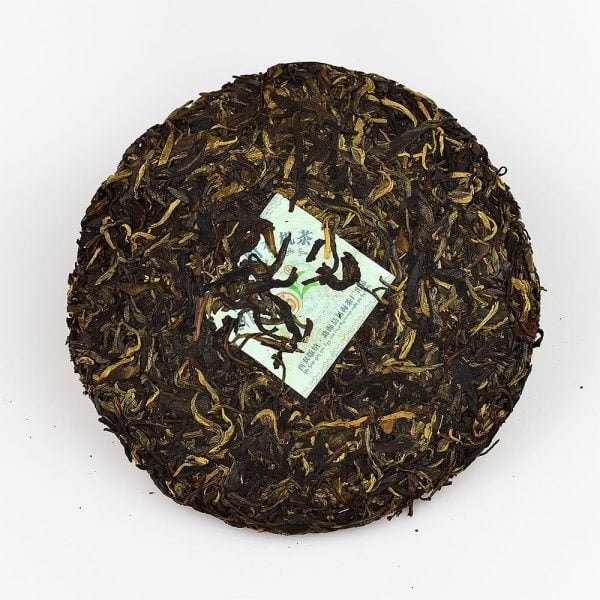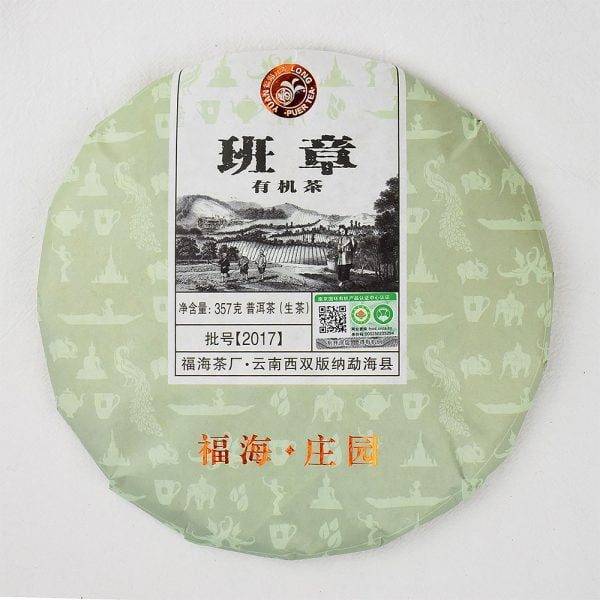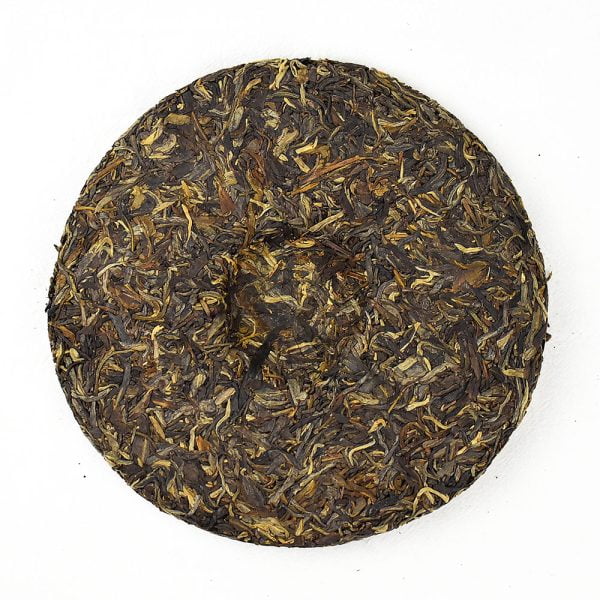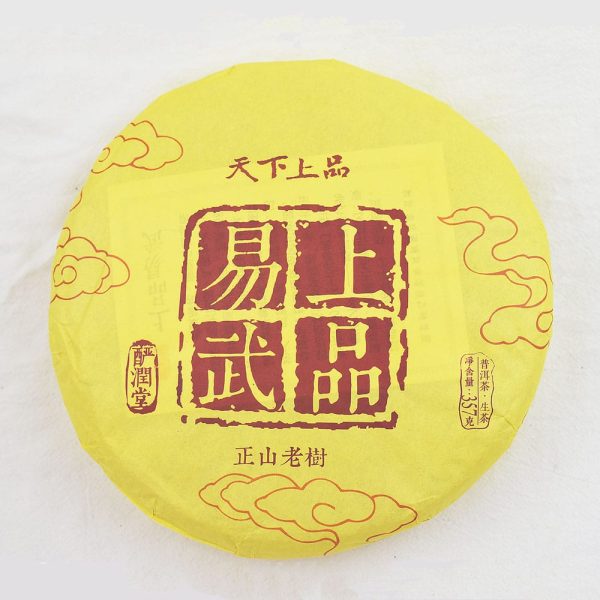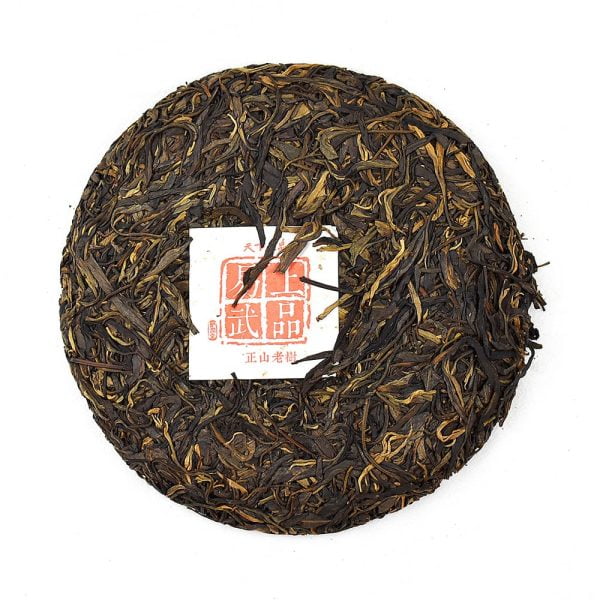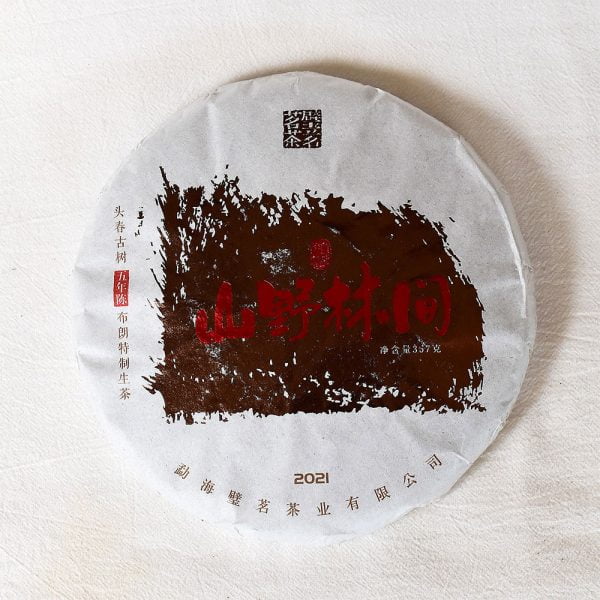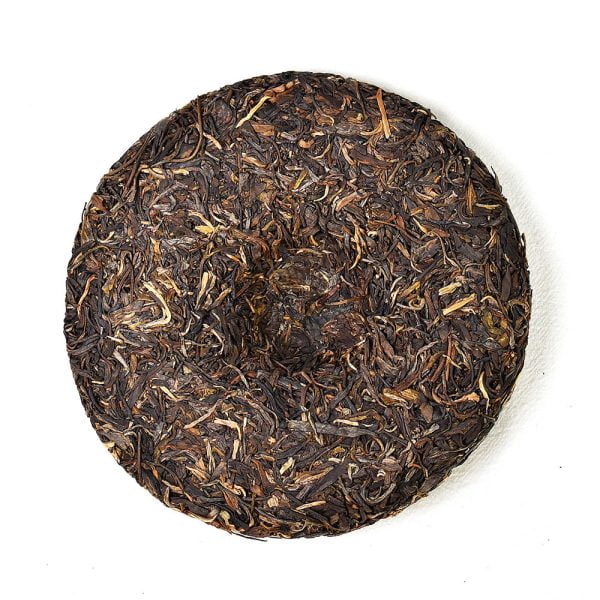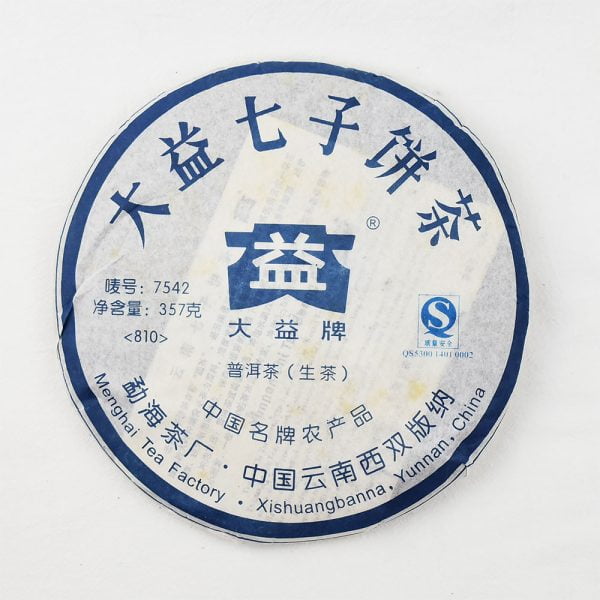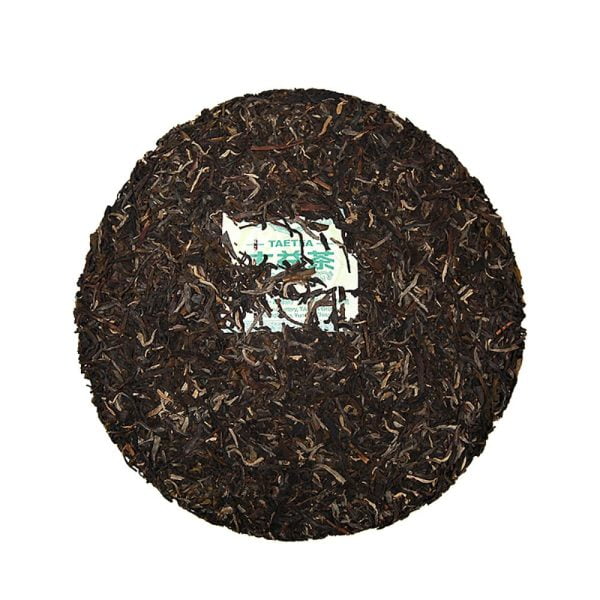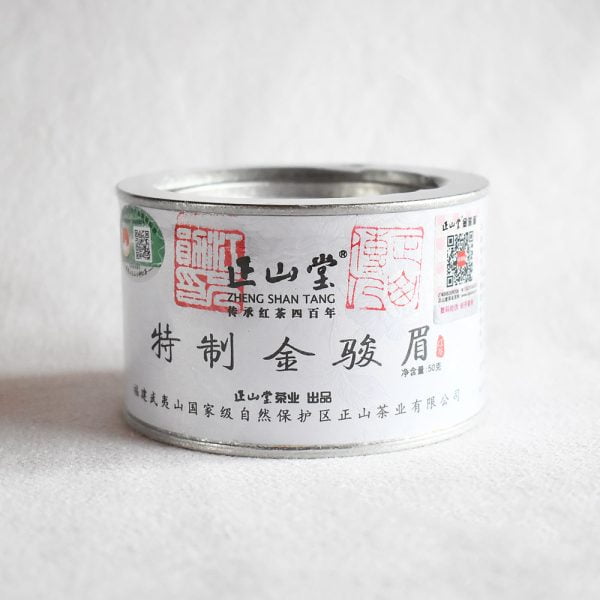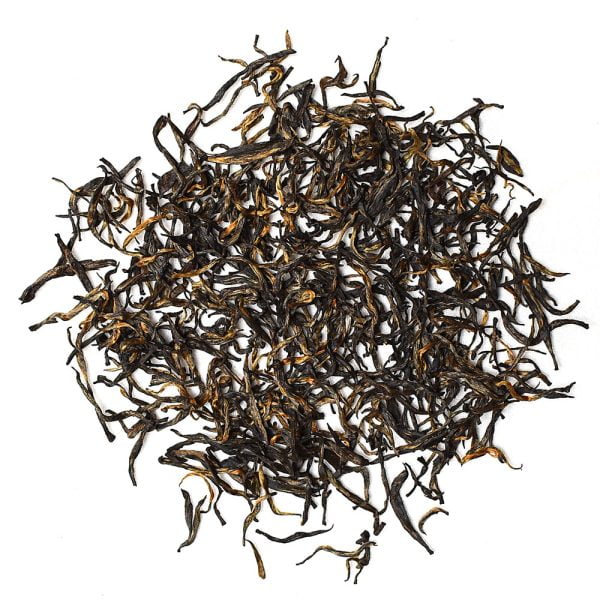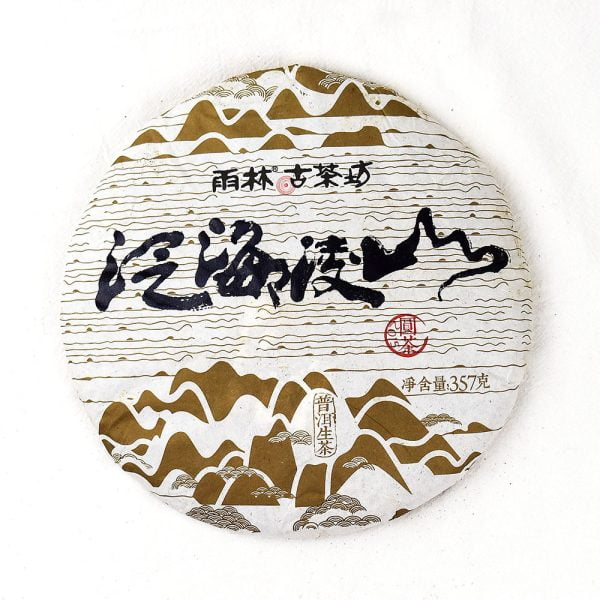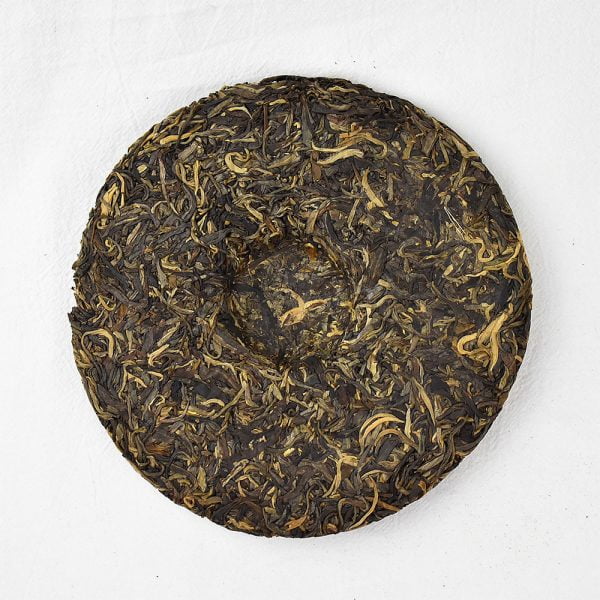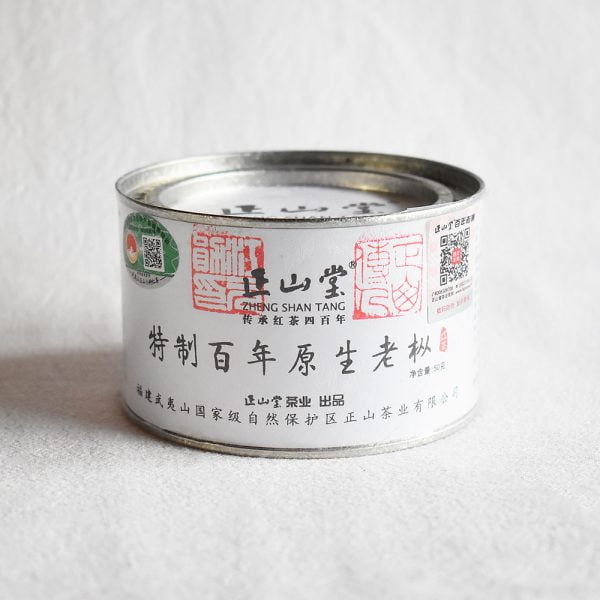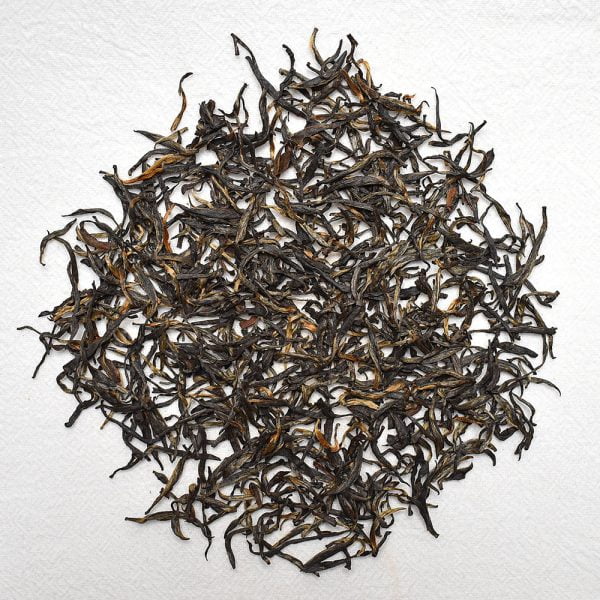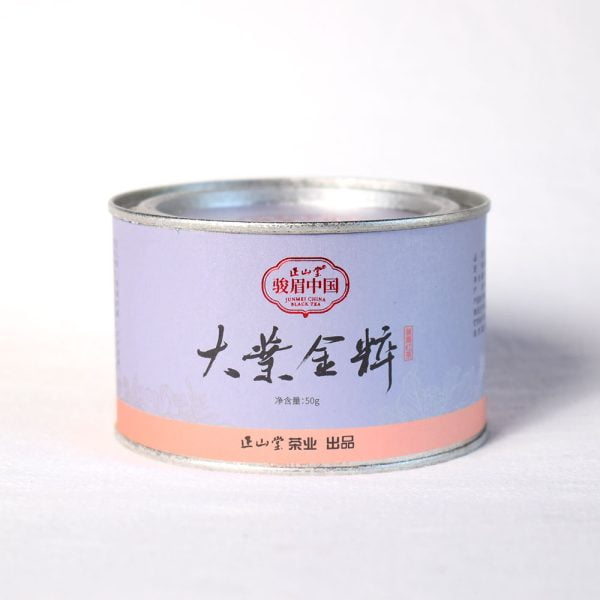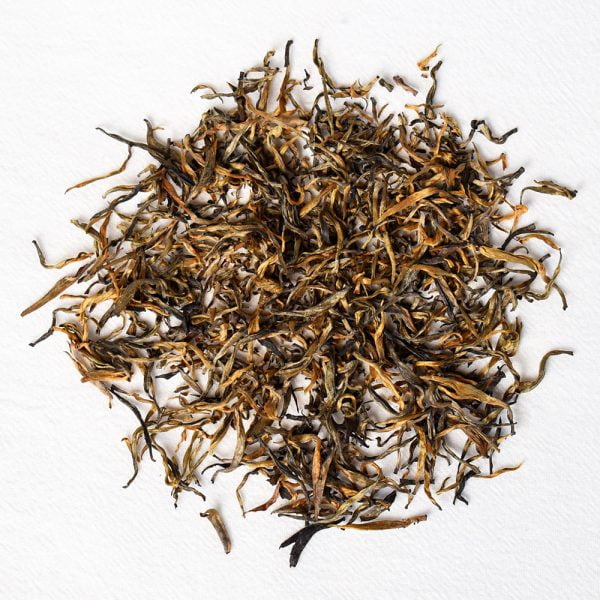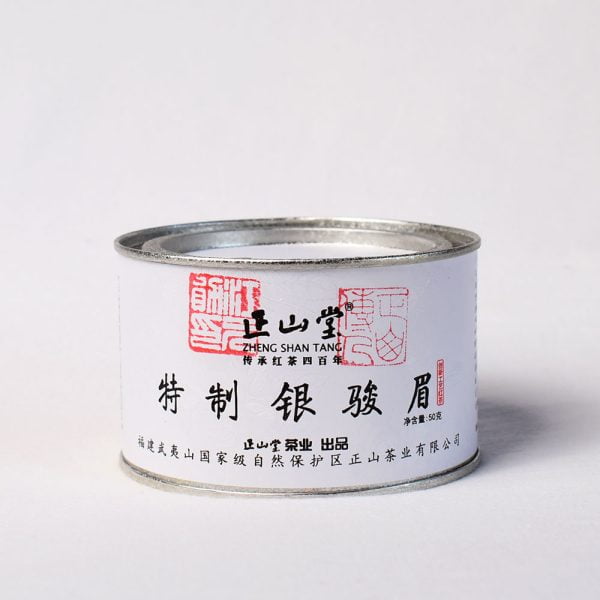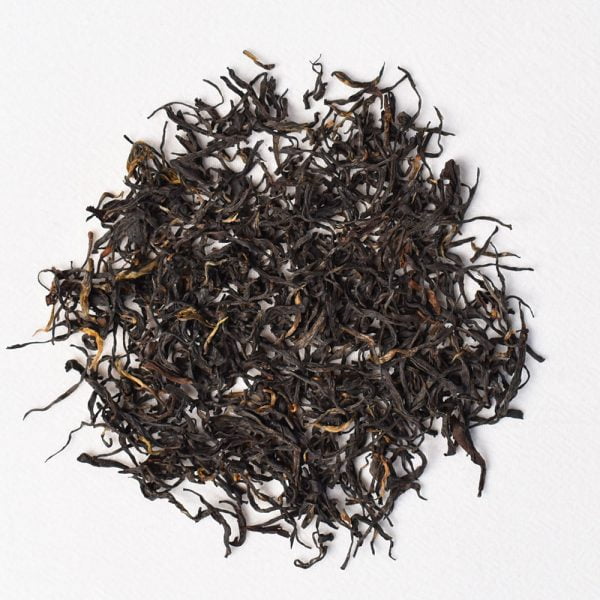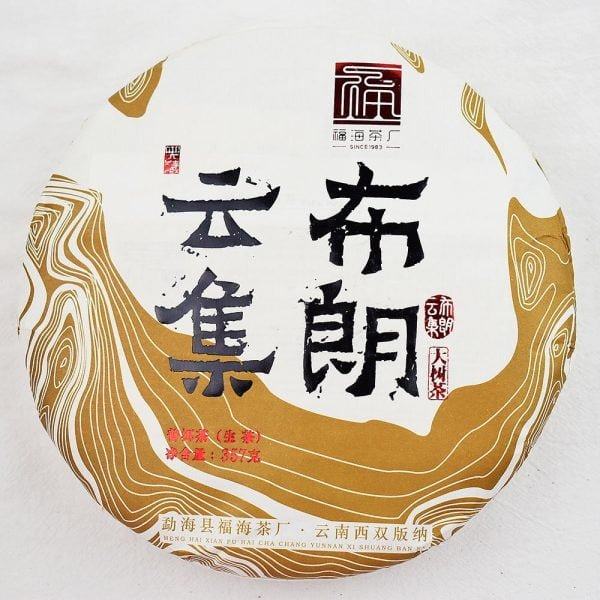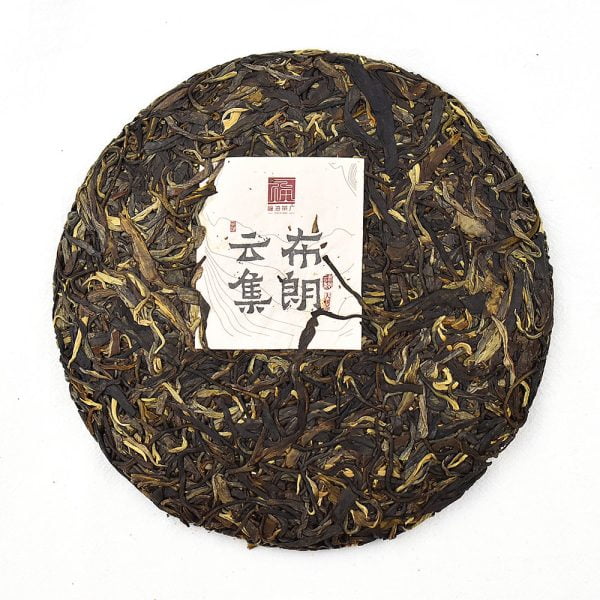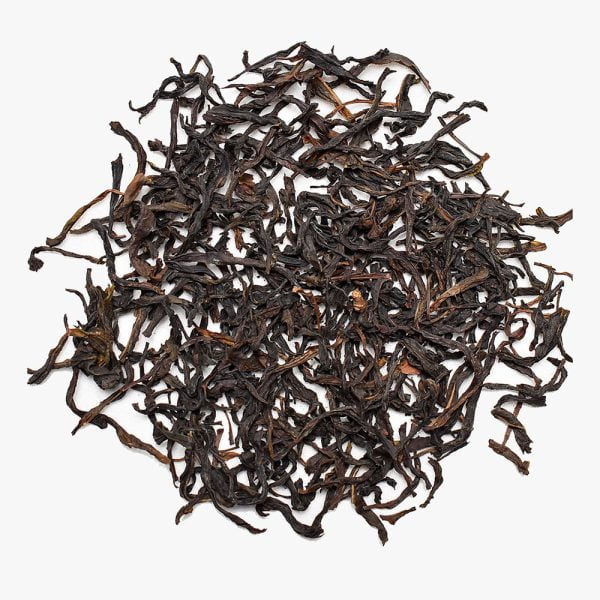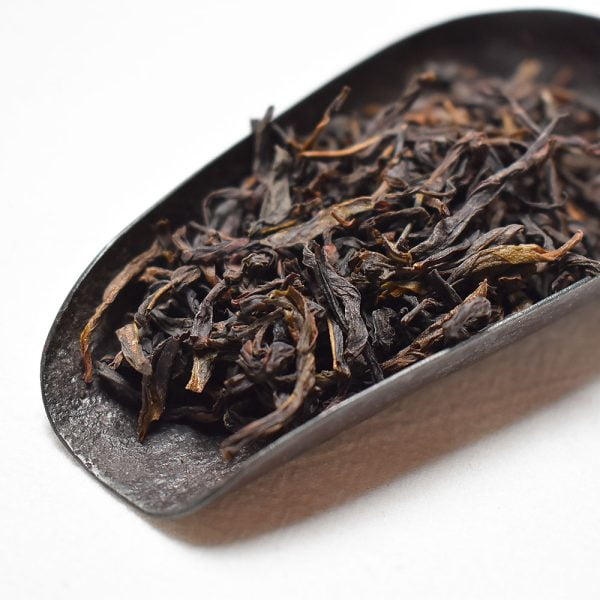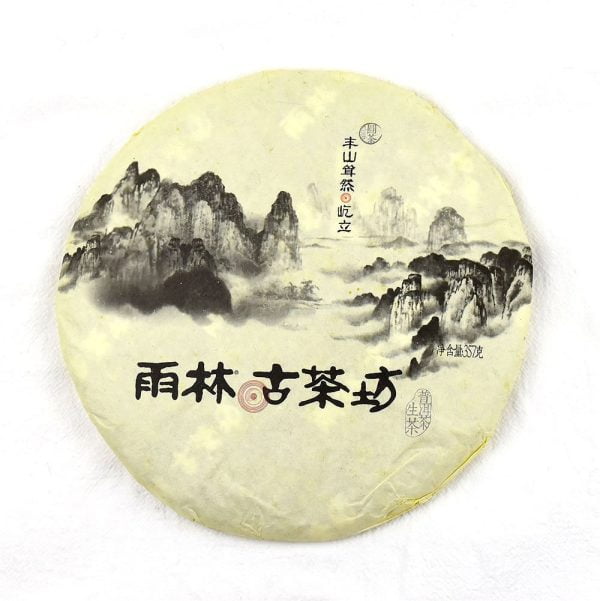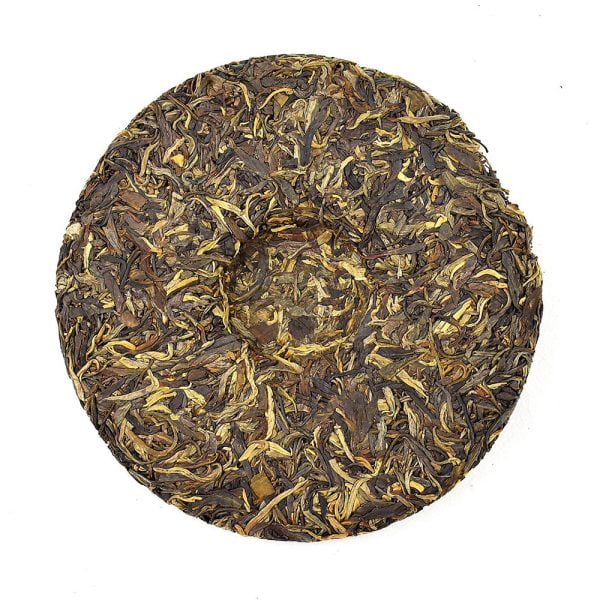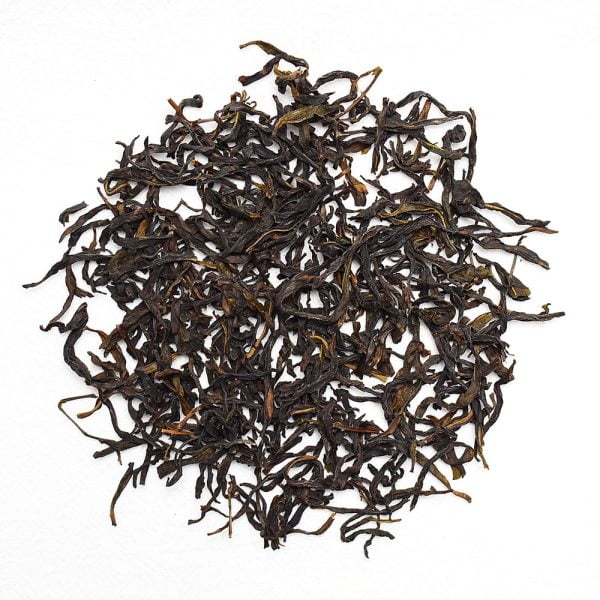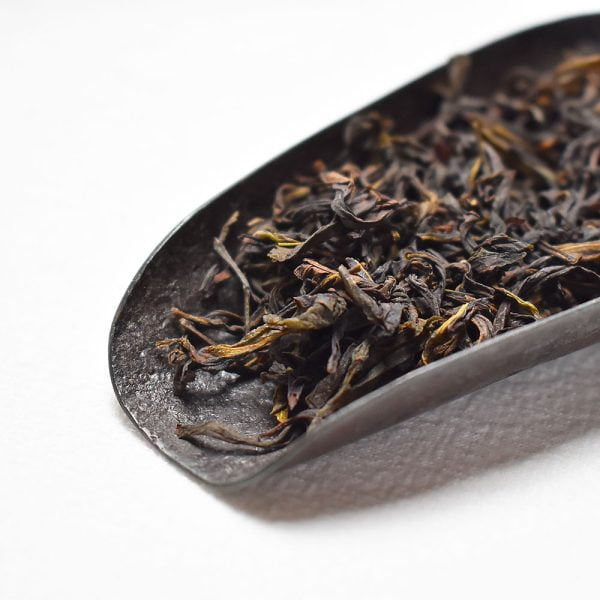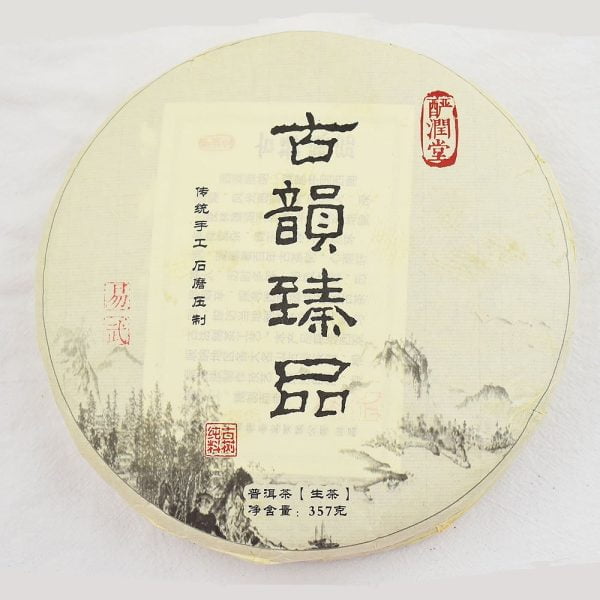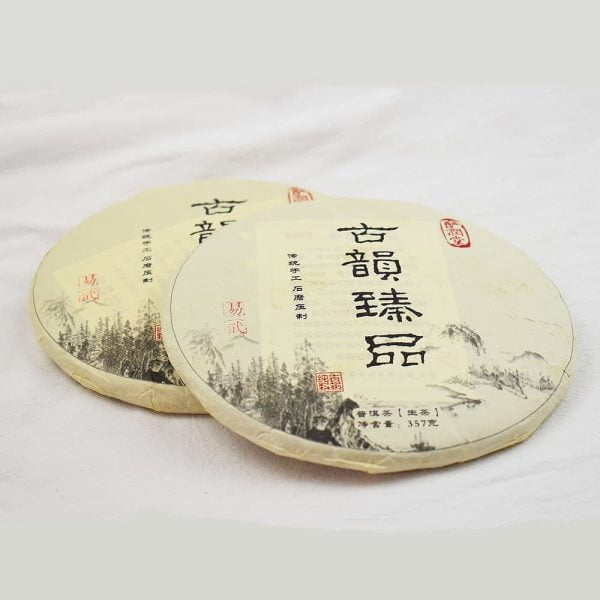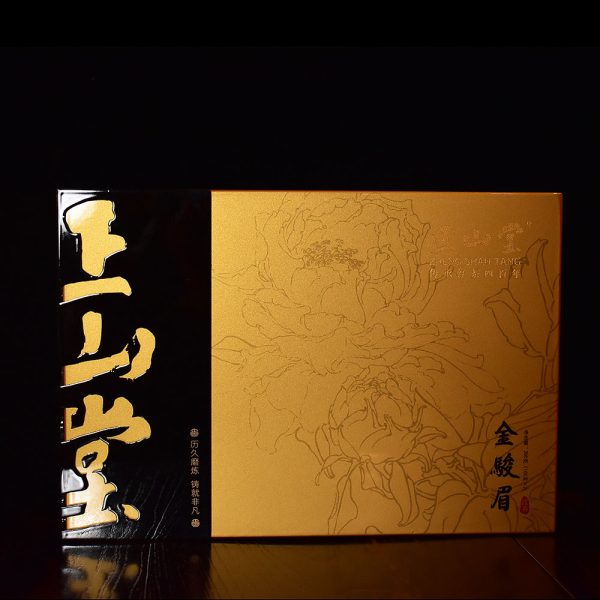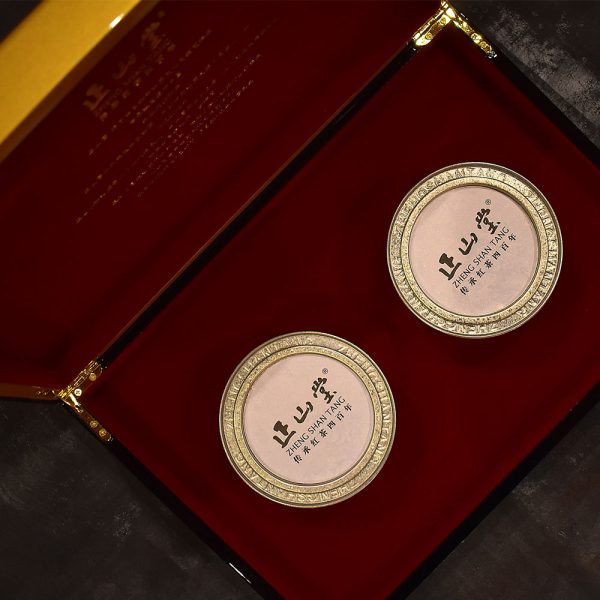What Fruity Taste Tea Means
In Chinese tea culture, a ‘fruity taste’ describes natural aromatic impressions that evoke ripe fruit, orchard freshness or subtle sweetness carried within the leaf. These characteristics emerge from the leaf’s inherent compounds rather than added flavouring.
Fruity teas are admired for their vibrancy, smoothness and uplifting nature that reflects the energy of thriving tea mountains.
How Fruity Characteristics Develop in Tea
Fruit-like qualities appear due to a combination of factors such as:
- Cultivar genetics, especially those bred for high-aroma expression
- High-altitude cultivation, where slow leaf growth enhances complexity
- Skilled oxidation and withering, which encourage aromatic depth
- Traditional firing methods, which refine natural aromas without overshadowing them
- Ancient-tree environments, where older root systems create richer leaf chemistry
Together, these influences create teas that feel lively, rounded and naturally expressive.
Regions Known for Fruity Taste Tea
Several historic tea regions across China and Taiwan are well known for producing teas with fruit-like characteristics, including:
- Taiwan’s high mountains, where cool temperatures create elegant, bright aromatics
- Anxi in Fujian, particularly for oolongs with naturally expressive character
- Yunnan, where large-leaf cultivars from ancient trees often carry deep, fruity layers
- Zhejiang and Jiangsu, whose spring green teas can show subtle, orchard-like clarity
- Wuyi Mountains, where certain cultivars and roasting styles highlight warm, rounded aromatics
Your product range reflects all of these important origins.
Tea Styles Commonly Found in This Category
Fruity taste tea appears across multiple tea families, including:
- Oolong teas, known for their aromatic range and layered processing
- Black teas, especially those made from expressive Yunnan and Fujian cultivars
- White teas, which often preserve soft, naturally sweet impressions
- Green teas, where spring freshness may show light, fruit-like brightness
- Certain raw Pu-erh teas, which can develop orchard-like qualities through terroir and age
This variety makes the fruity category one of the broadest and most expressive.
Why People Choose Fruity Taste Tea
Many drinkers enjoy fruity teas for their:
- Cheerful and lively character
- Natural aromatic richness without heaviness
- Link to high-mountain terroir and ancient-tree cultivation
- Balance between freshness and depth
Fruity teas are suitable for both casual tea sessions and deeper appreciation.
Fruitiness in Chinese Tea Culture
In traditional Chinese tea aesthetics, naturally sweet and fruit-like qualities symbolise vitality and flourishing life. Poets and scholars historically described teas with orchard imagery to express elegance, youthfulness and harmony with nature.
Regions famous for fruity teas often maintain long-standing cultivation practices that enhance the leaf’s inherent aromatic potential.
This profile is widely cherished for its joyful, uplifting presence.
Why Choose Fruity Taste Tea From Hey China
At Hey China we curate a wide collection of teas that naturally express fruity characteristics across oolong, green, white, black and raw Pu-erh styles. Each tea is selected for authenticity, regional integrity and its ability to showcase the natural liveliness associated with fruit-like aromatics.






